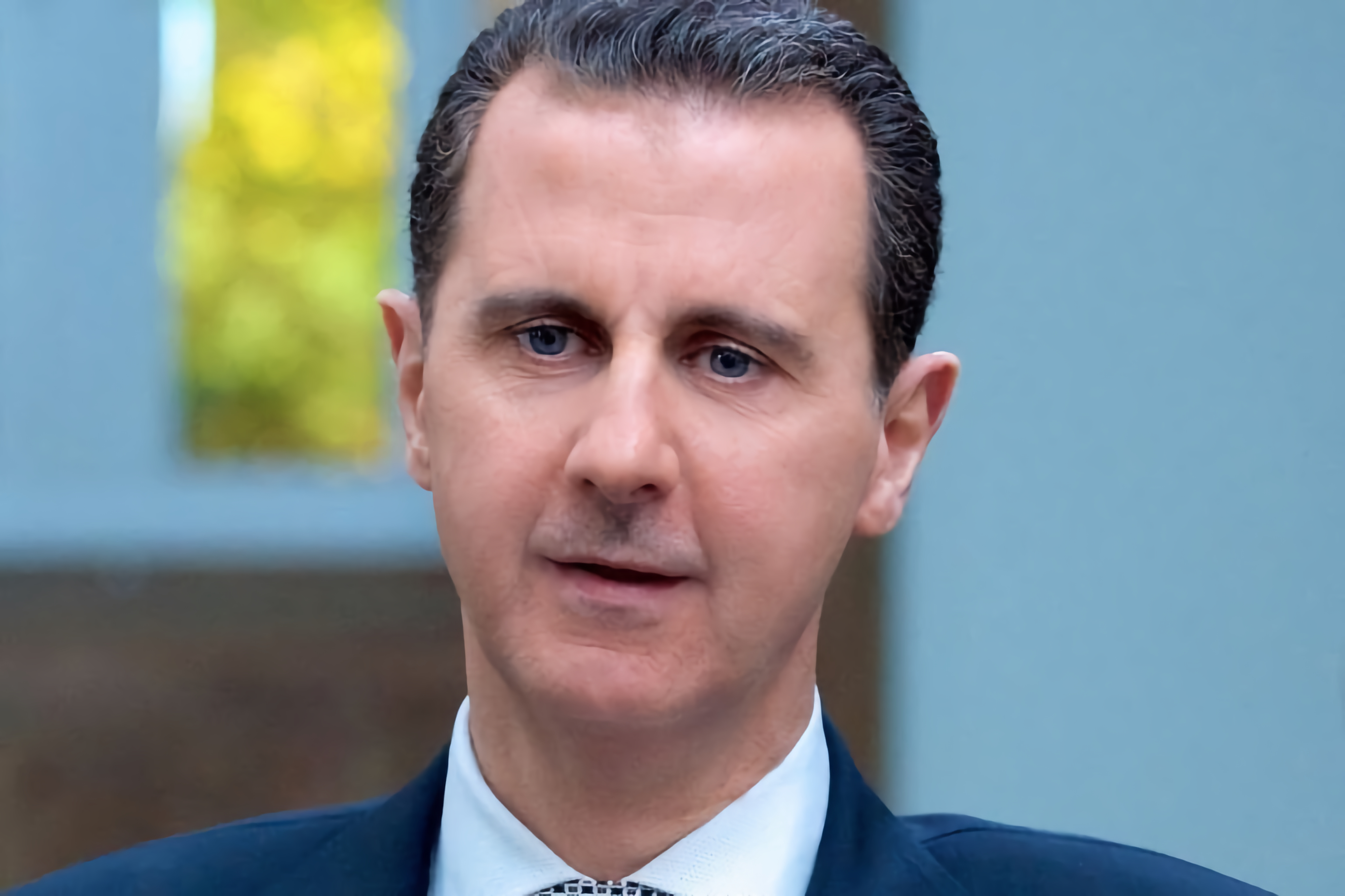


Syrian President Bashar Assad’s arrival in Saudi Arabia last Friday to attend this year’s Arab League Summit is a potent symbol of the growing regional consensus that his government is the rightful one for Syria, or at least, the recognition that dialogue is the only way to resolve the devastating civil war that has ravaged the country since 2011.
The decision to readmit Syria to the Arab League, which had shunned it for more than a decade, is owed in large part to a Chinese-brokered agreement between Saudi Arabia and Iran to renounce their long-standing enmity in favor of a more stable and secure Middle East. Riyadh had played a significant role in funding and arming Sunni extremists in Syria hellbent on overthrowing the Tehran-aligned Assad government.
Meanwhile, diplomatic talks in Moscow saw the promise of new warmth between the NATO-member Turkey and Syria. Ankara is as guilty as Riyadh of using rebel forces in Syria as proxies, and it even invaded and continues to occupy a part of the war-torn country.
The emerging amity between Syria and its erstwhile rivals in the neighborhood should be welcomed by lovers of peace everywhere. Washington’s response has been outrage and a frantic doubling-down on sanctions.
American politicians continue to insist that “Assad must go” and seem resolute in continuing to do all they can, short of an outright invasion, to undermine, destabilize, and ultimately topple the Assad government.
The US and its allies have not only funded, trained and equipped rebels in Syria, but have conducted occasional airstrikes on Syrian military targets. Today, the US maintains an occupying force of hundreds of soldiers, illegally garrisoned at al-Tanf.
But sanctions remain Washington’s weapon of choice. Washington first imposed them on Damascus in 1979, alleging state sponsorship of terrorism. It imposed more during the US-led invasion of Iraq, and still more in the course of Syria’s civil war.
Back in February, the US issued a 180-day suspension of sanctions to allow delivery of much-needed humanitarian aid after the devastating February earthquake that killed 23,000 people in northwestern Syria and Turkey.
Earlier this month, a bipartisan group of legislators in the US Congress introduced a bill calculated to thwart reconstruction efforts there, prolonging the poverty, displacement and misery of the Syrian people, all with the ultimate aim of regime change.
The Assad Anti-Normalization Act would “require an annual strategy for five years to counter normalization with the Assad regime by countries which have taken steps to normalize with the Assad regime.” It would also prohibit any US federal department or agency from “recognizing or normalizing with any government” led by Assad.
The Act would require an “immediate review” for Caesar Act sanctions for any grants to Syria of $50,000 or more. It also takes aim at Syrian airlines, energy transactions, and Syria Trust for Development, an NGO established by Asma Assad, the president’s wife, to “create an enabling environment for people across Syria to individually thrive, and collectively participate, in the social development of its communities.”
House Foreign Affairs Committee Chairman Michael McCaul (R-Texas), one of four congressmen who authored the legislation, said “the United States must use all of our leverage to stop normalization with Assad. I am proud to join my colleagues in mandating further sanctions against any form of investment in territory under the control of the Assad regime,” according to a Foreign Affairs Committee press release.
Said press release is replete with references to “war criminal Putin and the terrorist Mullahs in Tehran,” in the words of Rep. Joe Wilson (R-South Carolina), suggesting that Russia and Iran are as much in Washington’s crosshairs as the meeker, more vulnerable Syria.
The aim of these sanctions is to keep Syria isolated and poor.
Back in 2004, Assad first articulated his “Five Seas Vision,” a strategy of self-directed national development with which he aimed to take advantage of Syria’s geographic position and transform it into a regional energy and transportation hub.
Before the outbreak of the country’s ongoing civil war, he criss-crossed Syria’s near abroad in pursuit of that vision, his plan, penning agreements with Turkey, Romania, Ukraine, Azerbaijan, Iran, Iraq, and Lebanon.
Plans included a gas pipeline from Iran and lines into Turkey and Azerbaijan, and restoring the oil pipeline from northern Iraq into Syria. Numerous roads, ports, and pipelines were planned inside the country to realize the Five Seas Vision.
“Once the economic space between Syria, Turkey, Iraq and Iran becomes integrated, we would link the Mediterranean, Caspian, Black Sea, and the Gulf… we aren’t just important in the Middle East… Once we link these four seas, we become the unavoidable intersection of the whole world in investment, transport, and more,” Assad asserted in a 2009 interview.
Writing in “Syria Times” in 2011, Dania Akkad argued that the Five Seas Vision “should be taken as a symbol that Syria will no longer depend on the United States and its main allies for stability, a message that many other countries – Venezuela, Brazil and Argentina, for example – have also been asserting in recent years.”
It goes without saying that Assad’s “Five Seas Vision” was interrupted by the slide into civil war and foreign incursions from near and far. If sanctions-crazed Washington had its way, an independent and prosperous Syria would remain forever elusive.
Syria, Russia, China and Iran are among the handful of states standing up for a multipolar world, in direct opposition to the “consensus” of Washington and its satellites. This is the reason for constant American challenges to the legitimacy of these governments.
The forces of the empire are extractive and corrosive, stifling the development of poor nations for the sake of the rich and developed imperial center. This is no less true today than when V.I. Lenin offered his analysis in “Imperialism, the Highest Stage of Capitalism,” and the continued abuse of Syria at the hands of the West is as perfect an illustration of this fact as today exists.